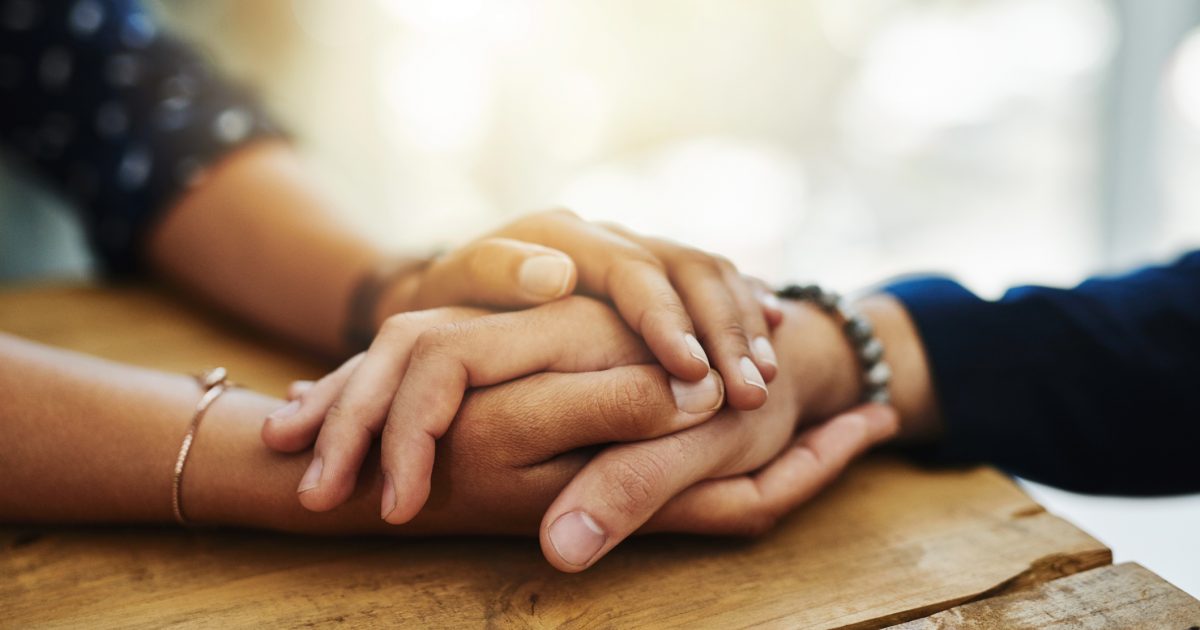Blood Cancer Patients Forgoing COVID-19 Vaccine
- A new survey from the Leukemia & Lymphoma Society shows that one-third of people with blood cancer are unlikely to get the COVID-19 vaccine.
- People battling cancer may be more likely to contract COVID-19, due to some cancer treatments leading to an immunocompromised state, such as chemotherapy.
Issues with Blood Cancer Patients Forgoing the Vaccine
Due to certain types of cancer treatments, such as chemotherapy, people fighting cancer may be more susceptible to the coronavirus. “Most (vaccine) trials require patients to be off immunosuppression for a certain period of time to be eligible which is not feasible for many patients with hematologic malignancy. Thus, the efficacy and safety of a SARS-CoV-2 vaccine has not been established in the different immunocompromised patient populations,” Dr. Adrienne Phillips of Weill Cornell tells SurvivorNet.
“For most patients, the benefits of vaccination will vastly outweigh any risks.”
Dr. Phillips points to the valid concerns of people battling blood cancers, explaining, “Live attenuated vaccines (e.g. MMR) carry the risk of converting to pathogenic strains with particular risk in immunocompromised patients. It is unclear if a live attenuated SARS-COV-2 vaccine will have the same major risk, but due to the theoretical concerns, a live vaccine should be avoided in immunocompromised patients. None of the currently available COVID vaccines in the U.S. are live attenuated vaccines. But I suspect (not proven), many patients with hematologic malignancy have been cautioned about receiving live attenuated vaccines and the novelty/innovation of the COVID vaccine has made some uncertain.”
Dr. Phillips advises that blood cancer patients receiving the vaccine be evaluated on a case-by-case basis. She says, “The risks and benefits for immunocompromised patients receiving a SARS-COV-2 vaccine should be weighed on a case-by-case basis, with consideration of the incidence of infection in the community, the level of immunosuppression the patient has received, and the underlying reason for immunosuppressive therapy (e.g., cancer treatment, transplantation).”
Even if someone has been vaccinated, though, Dr. Phillips emphasizes the importance of following current CDC-advised safety measures. She says, “Importantly, vaccination does not change required precautionary behaviors such as masking, social distancing, and frequent hand hygiene.”
It's Important To Continue Cancer Screenings Through COVID-19
Understanding Blood Cancers
Blood cancers include cancers such as leukemia and lymphoma. Dr. Nicole Lamanna, of Columbia University Medical Center, says in an earlier interview, "Blood cancers, in general, affect different parts of the white blood cell count, which we need in a very basic way to help fight this infection.”
Related: Young Girl with Leukemia Says Pop Star Demi Lovato's Support Got Her Through Cancer
"Your blood elements do lots of things,” she says. “One is to keep energy. One is to fight infection. Two are to help with clotting or to prevent patients from bleeding. Leukemias in general impair your normal blood elements' ability to do all the things they're supposed to do. So if you have leukemia, it's in your bone marrow. And the blood flows everywhere.”
“You need to either be treated for leukemia or you don't need to be treated for that leukemia,” says Dr. Lamanna. “And that depends on the specific type of leukemia you have."
What are blood cancers?
Learn more about SurvivorNet's rigorous medical review process.


